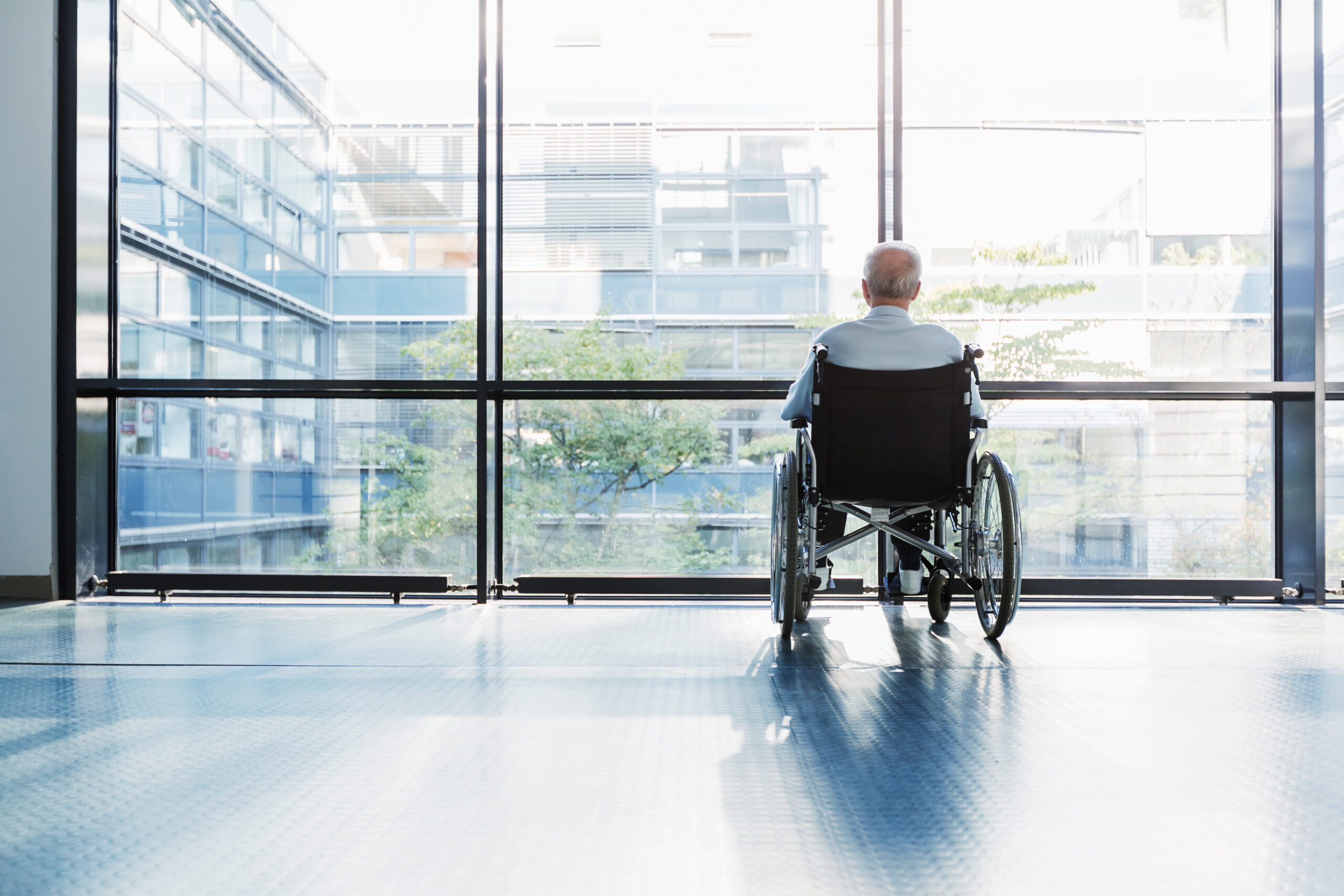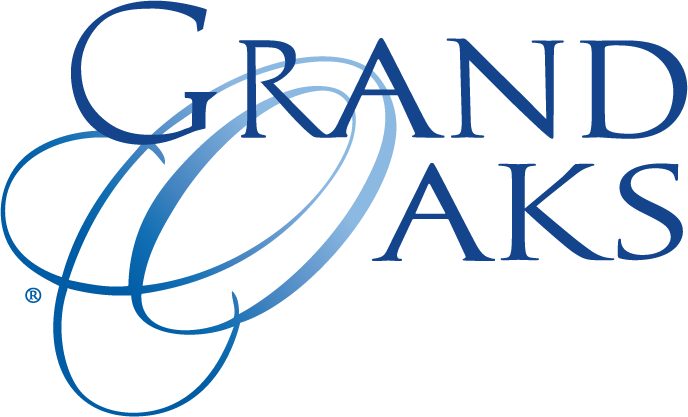4 Min Read
What is Elder Abuse? Recognize the Signs

Elder abuse is a serious – and common – problem in the U.S. According to the Centers for Disease Control and Prevention (CDC), about 1 in 10 people aged 60 and older experience elder abuse, including neglect and exploitation. To help eradicate the problem, we must recognize the warning signs, learn the risk factors, and know how to prevent it.
What is Elder Abuse?
According to the CDC, elder abuse is an intentional act or failure to act that creates a risk of harm to an older adult (aged 60 or older). This abuse often occurs at the hands of a caregiver or a person the elder trusts. The abuse comes in many forms, such as:
- Physical abuse: Intentional physical force such as slapping, punching, kicking, pushing, or burning.
- Sexual abuse: Unwanted sexual interaction of any kind, including sexual harassment.
- Emotional or psychological abuse: Acts that inflict fear, mental pain, or distress, such as humiliation, threats, or harassment.
- Neglect: Failing to care for basic needs, including withholding food, water, shelter, clothing, hygiene, or medical care.
- Financial abuse: Improper use of a senior’s money, benefits, belongings, assets, or property – including credit card or phone scams – to benefit someone other than the elder.
Risk Factors
Any senior can suffer from abuse, but certain factors put some at higher risk. These include:
- Being over the age of 80.
- Having a caregiver who lives with the elder, depends on them for financial support, abuses drugs, or has a criminal background.
- Being in poor physical or mental health, including dementia.
- Living alone or being withdrawn from normal social interaction.
What are the Signs?
Recognizing indicators of elder abuse is the first step in stopping the issue. These include:
- Unexplained bruises, cuts, or burns.
- Lack of basic hygiene (unkept or unwashed hair, dirty clothing, body odor, etc.).
- Seeming over- or under-medicated.
- Unexplained weight loss.
- Untreated bedsores.
- Venereal diseases.
- Signs of fear or paranoia.
- Lack of adequate food or water.
- Recent changes in banking or spending patterns, including unpaid bills or large withdrawals from bank accounts.
- Signs of depression, confusion, or isolation from friends and family.
While some of these signs could be symptoms of medications or other health conditions, you should always investigate the causes further.
Prevention
If you or a loved one regularly interacts with seniors, here are some ways to prevent elder abuse.
- Listen to older adults when they express concerns.
- Support caregivers who seem overwhelmed or overburdened.
- Check in on older adults with few friends or family.
- Educate yourself and others on the signs of elder abuse.
- Keep elders engaged in the community through groups and activities.
- Protect elders from high-risk caregivers with a history of violence, fraud, or untrustworthiness.
- Report any abuse or suspected abuse immediately by calling 911 and your state’s elder abuse hotline.
If you see something, say something! Together, we can protect our parents, grandparents, and other senior loved ones from elder abuse.

0 Comments